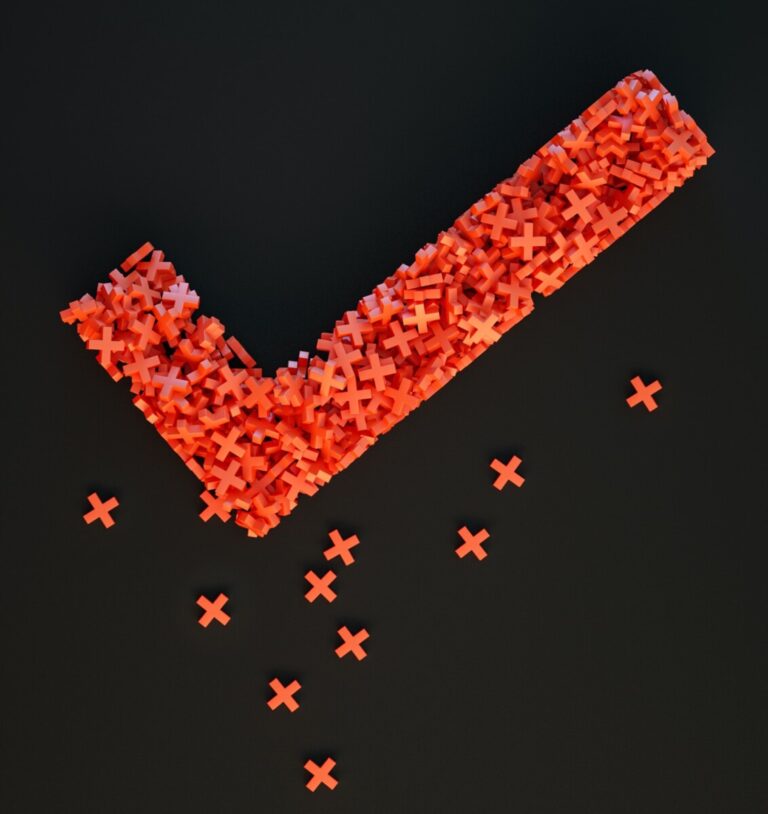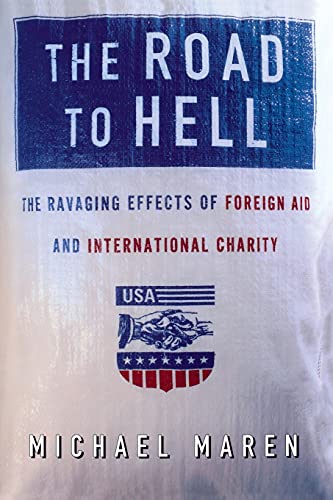Raising money, but for what?

Can charities do more harm than good? It’s an uncomfortable question, but it is one that needs asking. As a fundraiser who works hard at persuading supporters that your charity can achieve positive change with their donations, you must be confident that your charity is indeed making the right kind of difference.
International development and aid charities have been the focus of criticism over the last decade. In 1989 Graham Hancock’s The Lords of Poverty [no longer available for purchase] criticised “the freewheeling lifestyles, power, prestige and corruption of the multibillion dollar aid business.”
Although multilateral agencies such as the United Nations were the principal focus of such attacks, some non-profit organisations were criticised too.
Advertisement

The latest book on the controversial subject is Michael Maren’s “The Road to Hell, The Ravaging Effects of Foreign Aid and International Charity.”, which includes criticism of Save the Children.
Caroline Moorhead has just written a history of the Red Cross, which looks at its remarkable achievements, but also includes coverage of the organisation’s internal disputes. There seems to be an ongoing debate as to when it should intervene to protect and when it should maintain a diplomatic silence in order to promote assistance.
Dunant’s dream: Inside the Red Cross traces the history of the international aid organisation which grew out of a young Genevese businessman’s disgust at the aftermath of the battlefield of Solferino in June 1859.
It examines how it developed into a powerful force to humanise war.
Alexander Casella’s review in The European (12-18 October 1998) commented that “the behaviour of the long-dead actors in this humanitarian saga was so redolent of the best side of humanity that it is easy and pleasurable work for Moorehead’s pen to reinvest them with life.”
The book is one of many featured in the UK Fundraising Bookshop.



